The Editor would like to thank her dependable chemistry expert content developer, Mr. Nick Leonardi, for this review of the 16th Edition.
Special thanks to Adam Robinson, who conceived of and perfected the Joe Bloggs approach to standardized tests and many of the other successful techniques used by The Princeton Review.
Get More (Free) Content
Go to PrincetonReview.com/cracking.
Enter the following ISBN for your book: 9781524710927.
Answer a few simple questions to set up an exclusive Princeton Review account. (If you already have one, you can just log in.)
Click the Student Tools button, also found under My Account from the top toolbar. Youre all set to access your bonus content!
Need to report a potential content issue?
Contact .
Include:
full title of the book
ISBN number
page number
Need to report a technical issue?
Contact and provide:
your full name
email address used to register the book
full book title and ISBN
computer OS (Mac/PC) and browser (Firefox, Safari, etc.)
Once youve registered, you can
Take a full-length practice SAT and/or ACT
Get valuable advice about the college application process, including tips for writing a great essay and where to apply for financial aid
If youre still choosing between colleges, use our searchable rankings of The Best 382 Colleges to find out more information about your dream school.
Access comprehensive study guides and a variety of printable resources, including additional bubble sheets and formulas for reference.
Check to see if there have been any corrections or updates to this edition
Get our take on any recent or pending updates to the SAT Subject Test in Chemistry
Look For These Icons Throughout The Book
 ONLINE ARTICLES
ONLINE ARTICLES
 PROVEN TECHNIQUES
PROVEN TECHNIQUES
 APPLIED STRATEGIES
APPLIED STRATEGIES
 COLLEGE ADVISOR APP
COLLEGE ADVISOR APP
Chapter 1
Introduction
The SAT Subject Tests are one-hour exams that assess a students knowledge of a particular academic subject. Not all colleges require the subject tests, and some subject tests are more appropriate for certain students than for others. The format and content of a given test falls within certain guidelines, and you should prepare accordingly. In this chapter, we will answer some basic questions about the SAT Subject Test in Chemistry and how you should prepare for it.
WHAT ARE THE SAT SUBJECT TESTS?
The SAT Subject Tests are a series of tests administered by the Educational Testing Service (ETS). Unlike the regular SAT, the SAT Subject Tests are designed to measure knowledge in very specific areas. Many colleges require that you take one or more of these tests in order to qualify for admission; but even at colleges that do not require that you take them, administrators view student performances on the tests as an important factor that contributes to the decision to grant or withhold admission. Additionally, at some schools, a high score on one or more of the tests might enable you to place out of certain required college courses. For example, if you do well on the SAT Subject Test in Chemistry, you might be exempt from fulfilling the science requirement at one or more of the schools to which youre applying!
Which SAT Subject Tests Should I Take?
The colleges that do require you to take the SAT Subject Tests will expect you to take two or three of them. In order to find out which tests are required by the colleges to which youre applying, you can ask your guidance counselor, call the admissions office of the colleges, or check in college guidebooks. Alternately, you can visit the College Board website at sat.collegeboard.org and use their college search engine to look up the colleges youre interested in; each school on this search engine has a profile in which this information is provided.
Once you find out which, if any, tests are required, part of your decision making is done. The next step is to find out which of the tests will show your particular strengths. After all, the SAT Subject Tests are given in a variety of subjects: Literature, U.S. History, World History, Biology, Chemistry, Physics, French, German, Spanish, Modern Hebrew, Italian, Latin, Japanese, Korean, Chinese, and English Language Proficiency. You should take the tests on which you think youd score the highest. If youre fluent in Chinese, take the SAT Subject Test in Chinese. If, however, youre most comfortable in the world of moles, atoms, and titrations, take the SAT Subject Test in Chemistry.


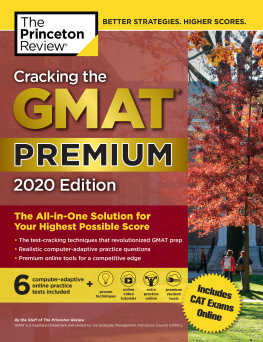
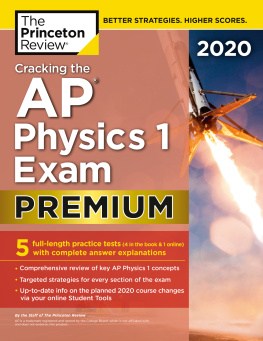
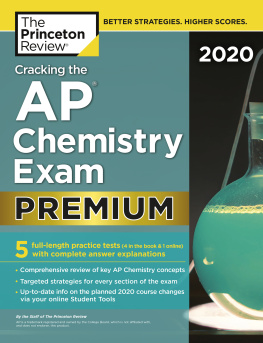
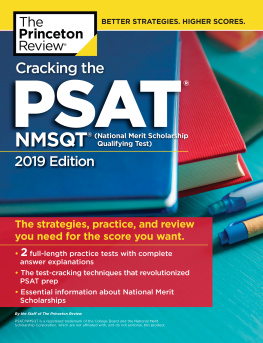
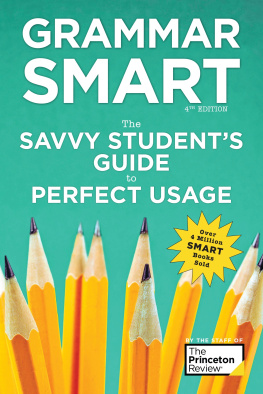
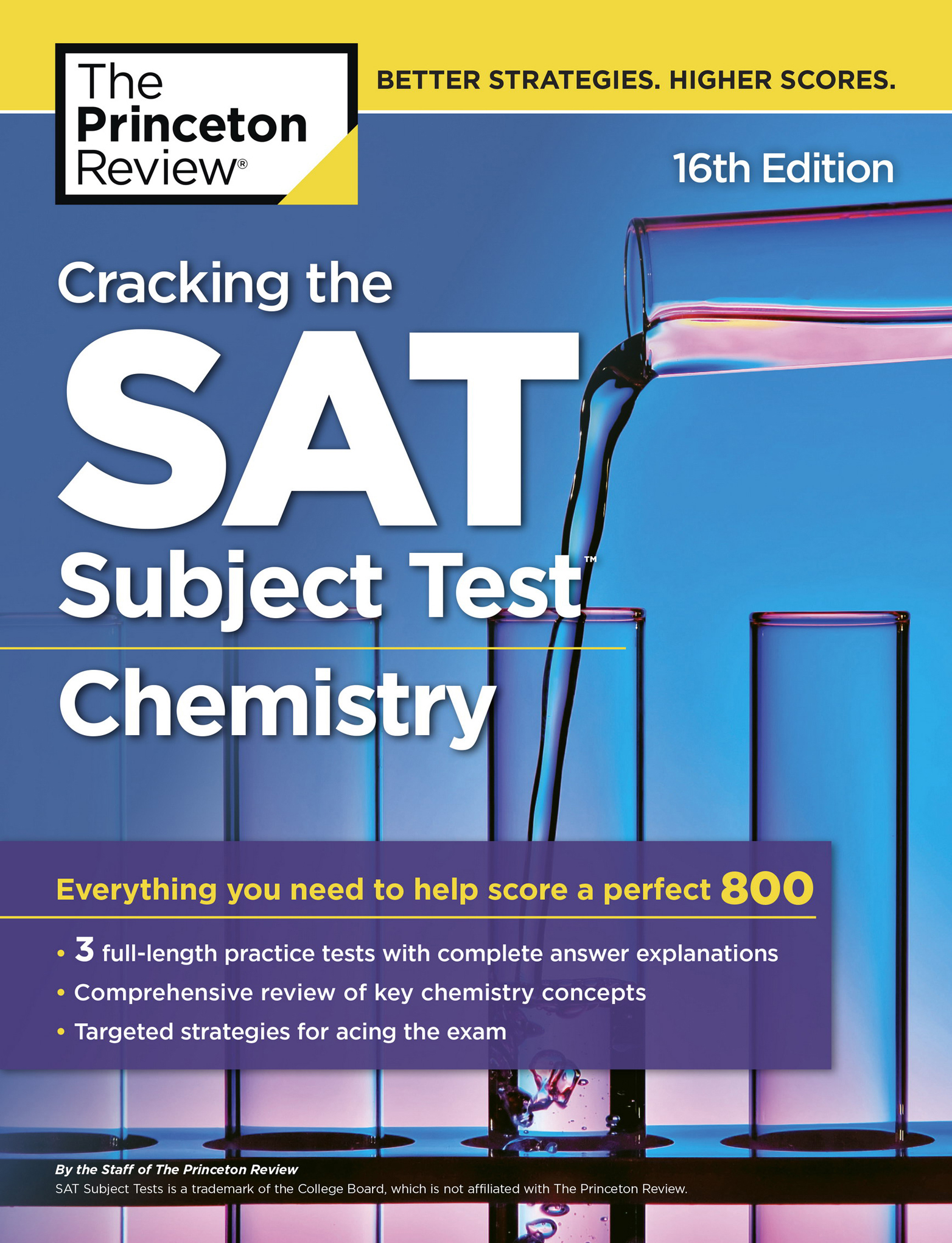
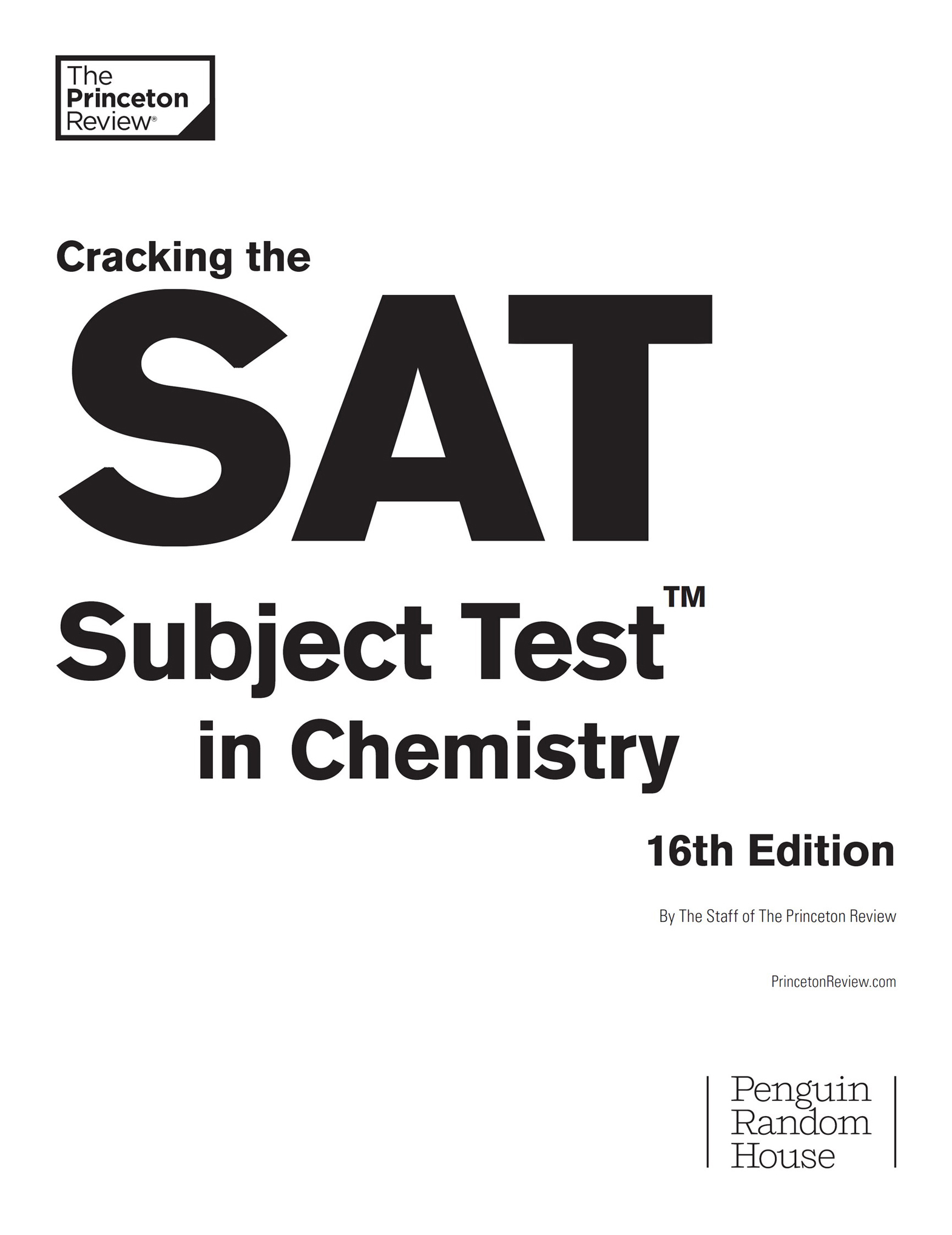
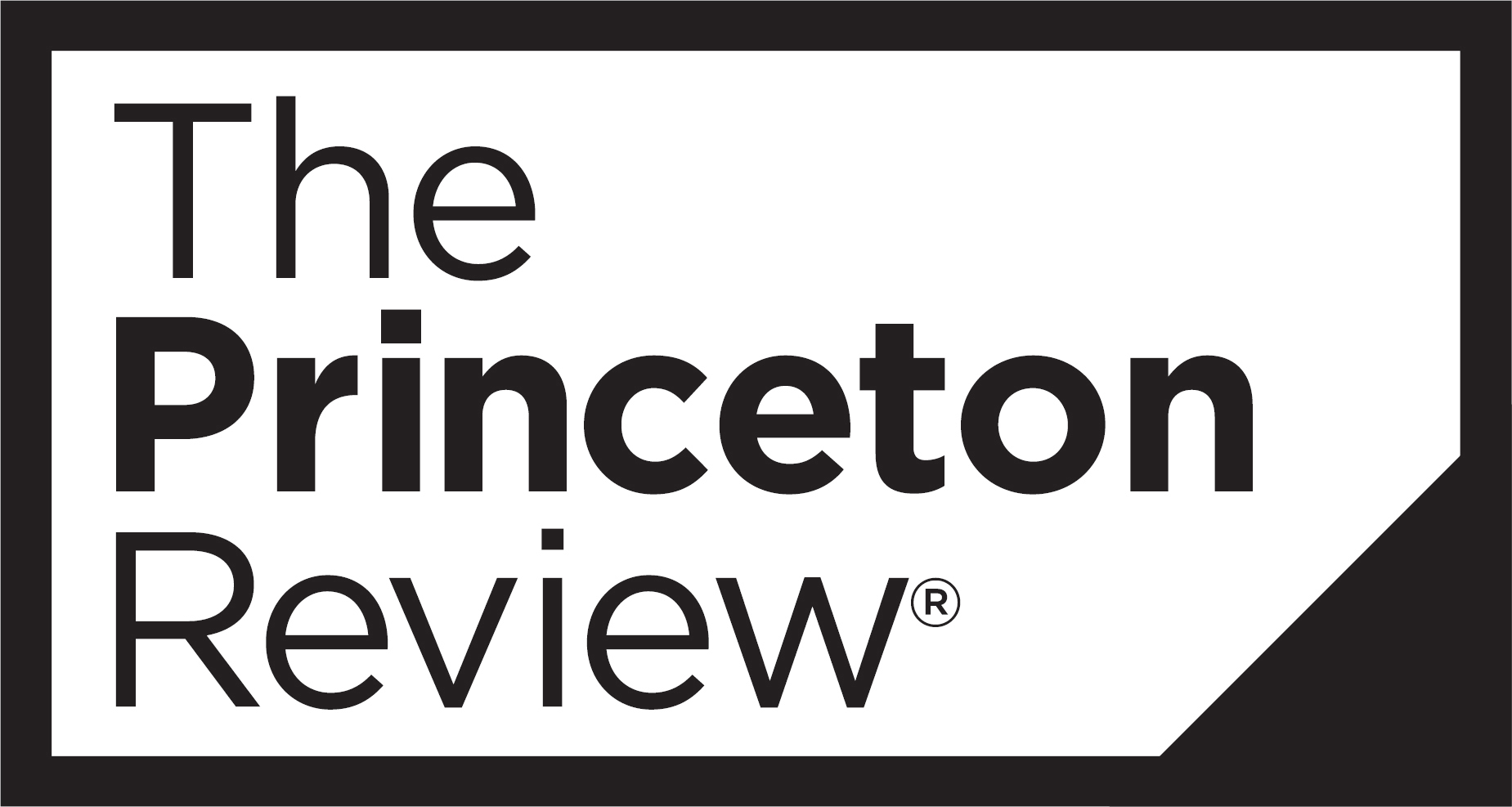


 ONLINE ARTICLES
ONLINE ARTICLES PROVEN TECHNIQUES
PROVEN TECHNIQUES APPLIED STRATEGIES
APPLIED STRATEGIES COLLEGE ADVISOR APP
COLLEGE ADVISOR APP